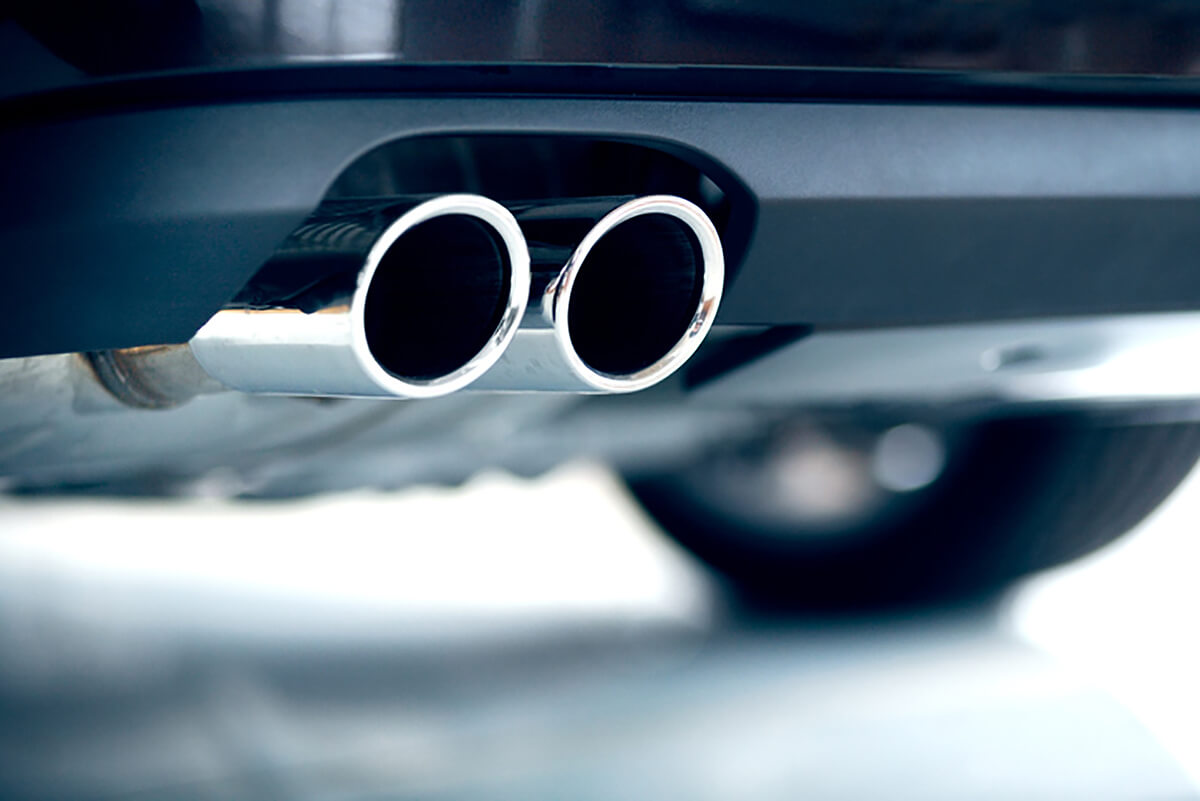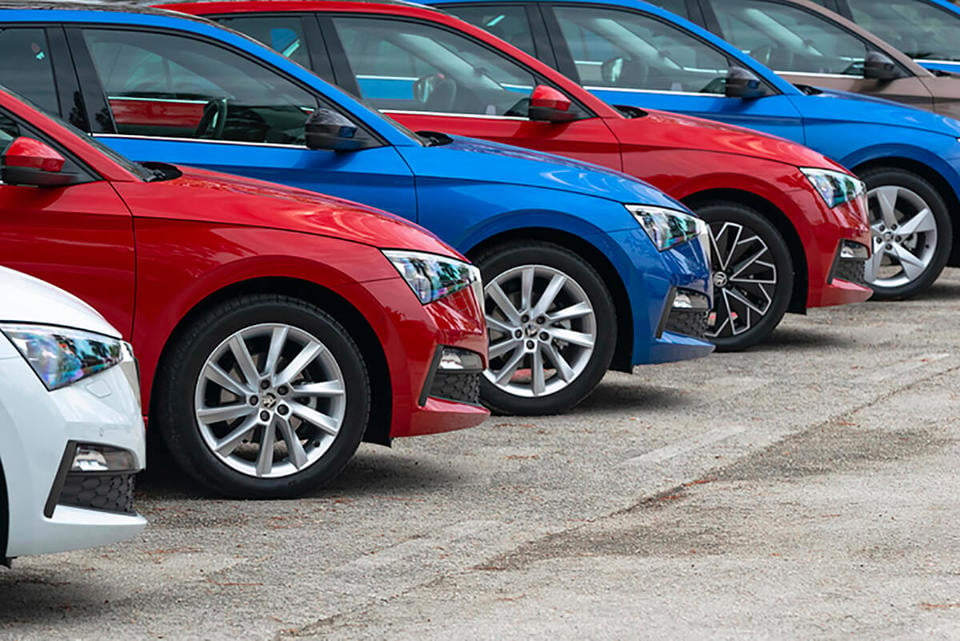The technology sector has topped a list of industries operating the most sustainable fleets, published by ALD Automotive LeasePlan.
The Fleet Sustainability Ranking by Industry report, has named it as the best performer for the third year in a row.
The financial and professional services, and energy and chemicals sectors were placed second and third, respectively.
ALD Automotive LeasePlan’s report is based on the analysis of fleets from eight industry sectors – technology, financial and professional services, energy and chemicals, industrial, automotive, consumer goods, construction and healthcare and pharma – across 22 European countries.
The ranking is based on four factors: the share of diesel vehicles; the share of battery electric vehicles (BEVs); the share of hybrids; and fleet average CO2 emissions.
The technology sector topped the list for having the lowest average CO2 emissions and the lowest share of diesel in fleet, combined with the second-highest share of BEVs, hybrids and plug-in hybrid electric vehicles (PHEVs).
Alfonso Martinez, UK managing director at ALD LeasePlan, said: “It’s encouraging to see such healthy progress being made across Europe as businesses come together to tackle the climate crisis and industry-related carbon emissions.
“I would particularly like to commend those working within the technology industry for stepping onto the global stage as a leading player in decarbonising fleet emissions through EV adoption.”
Across every industry, the adoption of BEVs has more than doubled over the past two years.
In the energy and chemicals industry, which has the highest share of BEVs, one-in-four vehicles (27.2%) is now fully electric.
Meanwhile, the share of PHEVs and hybrids has mostly flattened across all industries, and diesel share has halved.
Average CO2 emissions have also dropped across all industries.
The largest decrease is seen in top-ranking industries, with the technology sector going from an average of 110g/km in 2020 to 83g/km in 2022.
Even the industry that came last in the ranking (healthcare and pharma) has decreased its average emissions, going from 117.6g/km in 2020 to 102.2g/km in 2022.

Fleet News analysis of the latest HMRC data, published earlier this year, showed that just over a third of UK company cars are diesel, down from 80% of the fleet in 2017.
The proportion of company cars using diesel fell to 35% (245,000) in 2021/22, down from 49% (355,000) in the previous tax year (2020/21).
The number of petrol company cars increased year-on-year, from 315,000 to 345,000 in 2021/22, but it is BEVs which have benefitted most from the switch away from diesel.
The figures from HMRC show that 17% of company cars – some 125,000 vehicles – were fully electric in 2021/22. That is more than double the 50,000 electric company cars reported the previous tax year (2020/21), when EVs accounted for 7% of the company car fleet.
The average reported CO2 emission of company cars including electric cars was 99g/km compared to 111g/km in the previous tax year.
Martinez continued: “As an EV100 founding member, ALD Automotive LeasePlan is committed to accelerating the rollout of electric driving across all industries.
“It is our mission to support all fleet-operating businesses with their transition towards more sustainable mobility solutions.
“We hope that by shining a spotlight on all the hard work that’s taken place over the past two years within our industries, we can inspire every business to commit to more ambitious progress in the name of our precious planet.”
The ALD LeasePlan 2023 Industry Fleet Sustainability Ranking
- Technology
- Financial and professional services
- Energy and chemicals
- Industrial
- Automotive
- Consumer goods
- Construction
- Healthcare and pharma
The ALD LeasePlan study covers all passenger cars leased from LeasePlan by companies operating an international passenger car fleet, excluding vans and trucks.
To ensure that the data is representative of each country included, for each industry, at least 10 different companies must lease a total of at least 500 vehicles.
























Login to comment
Comments
No comments have been made yet.